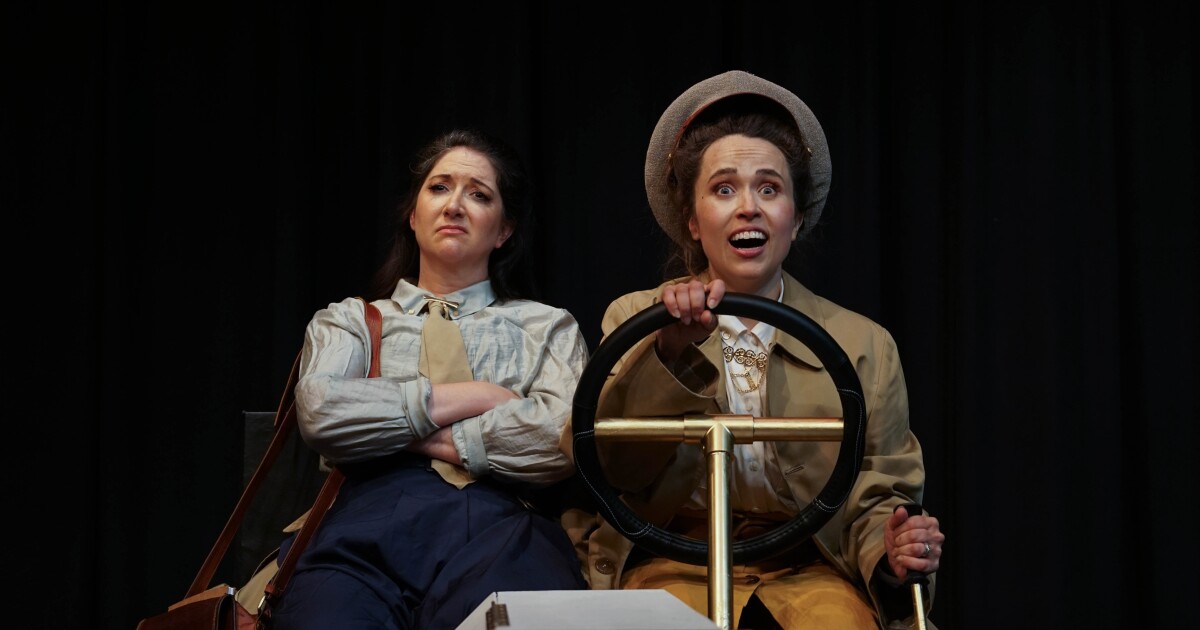A play created and developed in Alaska has been invited to perform in New York City at the end of January. It’s called “Overland!” and was previously titled “Blanche Stuart Scott” after the…

A play created and developed in Alaska has been invited to perform in New York City at the end of January. It’s called “Overland!” and was previously titled “Blanche Stuart Scott” after the…